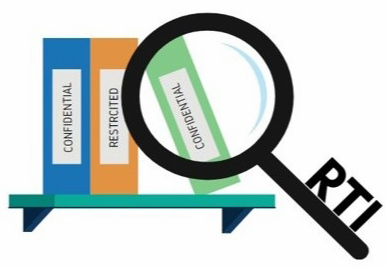The self-paces course aims to raise awareness about the vital role of access to information in promoting transparency, accountability and participatory governance. It has garnered positive feedback from participants, highlighting its efficacy in improving leadership roles among Information Commissioners and other stakeholders.
One of the course’s most significant benefits is providing insights into the implementation of Access To Information laws across different countries. Participants have expressed astonishment at the comprehensive rationale presented in the course emphasizing the importance of implementing such laws for preserving and deepening democratic political and public institutions. The role played by Access to Information laws in holding elected officials accountable and enhancing overall transparency has also been emphasized.
Available in English, French, Spanish and Russian, the online course caters to individuals from both the public and private sectors. Real-world scenarios are incorporated to offer meaningful insights into the role of Access to Information Oversight Institutions.
Mr Lamin Darboe, an Information Officer from the Ministry of Public Service, Administrative Reforms, Policy Coordination and Delivery in Gambia, attests to the impact of the course on his professional practice. ‘Upon completion of my Access to Information course with UNESCO, I have felt incredible changes and improvements in the leadership roles and responsibilities attached both to my terms of reference and that of my oversight units,’ he remarks.
The course goes beyond theoretical knowledge and incorporates interactive elements such as games and experts’ videos, enhancing engagement and advocacy for access to information. It is also destined to those that see a general overview in support of the right to information.
Moreover, the course caters to individuals who seek a general overview in support of the right to information. Mr Salissou Mahamane Mourtala, CEO of Association Maçons de l'Education in Niger, highlights the practical impact of the course on this organization. ‘Following the completion of the course, I have been able to implement certain changes in my professional practice. I have established procedures to facilitate access to information within my organization and I have also raised awareness among my colleagues about the significance of transparency and access to information in our activities,’ he states. Furthermore, Mr Mourtala intends to utilize the tools and recommended resources from the course to develop training programs on transparency for civil society organizations in Niger.

UNESCO Massive Open Online Course: Access to Information Laws and Policies and their Implementation
If you are interested in taking this course, please access it through the dedicated website:









